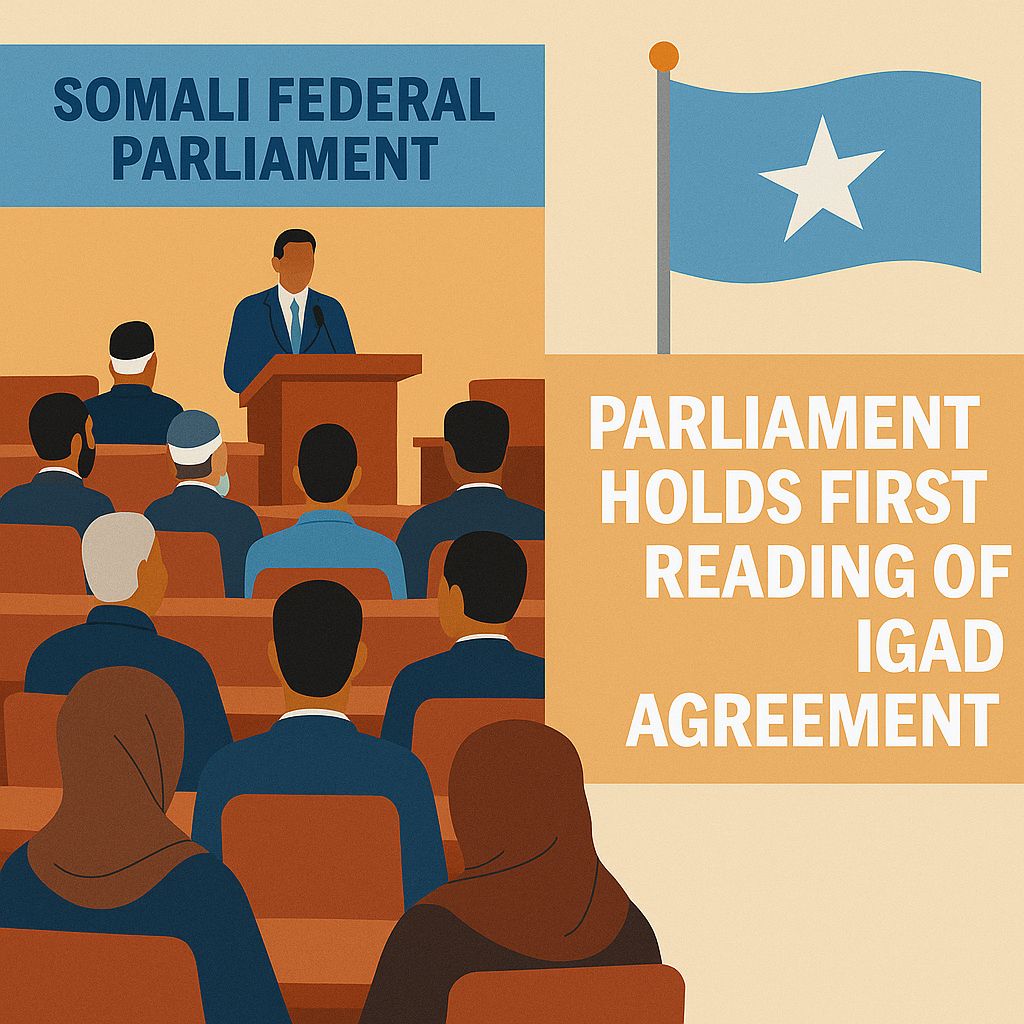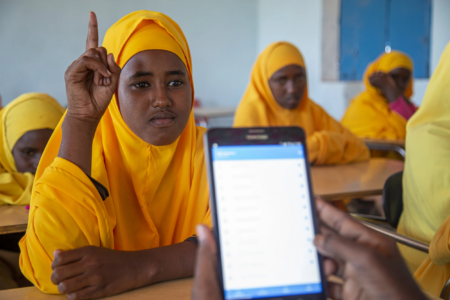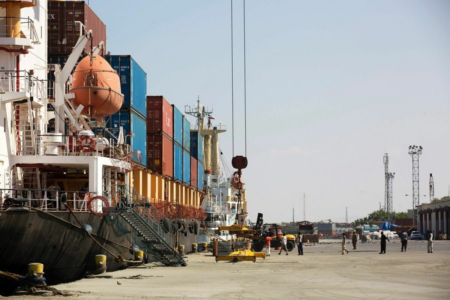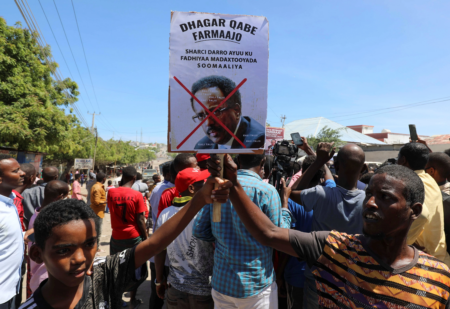The Recent Somalia floods were devastating due to heavy rains that lasted approximately eight to ten hours.
The torrential downpour overwhelmed the city’s drainage systems, leading to significant damage and loss of life.
Somalia Floods – Results and Facts:
- At least seven people lost their lives, including two women and two children.
- The floods destroyed nine homes across various districts and displaced over 200 families.
- Six major roads suffered severe damage, disrupting transportation and hindering rescue operations.
- Public transport services were halted
- Operations at Aden Abdulle International Airport were temporarily suspended but later resumed.
- Emergency services, including police and the National Flood Response Committee, were mobilized to assist affected residents.
- Deputy Prime Minister Jibril Abdirashid urged caution, especially for those living near water channels.
After Somalia Floods, a New Tide? Somalia’s Parliament Eyes Deeper Regional Ties with IGAD Vote
Somalia’s House of the People convened today to conduct the first reading of the Intergovernmental Authority on Development (IGAD) Agreement, marking a pivotal step toward the nation’s reintegration into the Horn of Africa’s primary regional bloc.
The session was held at the Federal Parliament headquarters in Mogadishu.
It focused on the foundational IGAD agreement, which outlines frameworks for regional cooperation in peace, security, infrastructure, and economic development.
IGAD Agreement and Somalia National Interest
Lawmakers engaged in preliminary debates, assessing how the agreement aligns with Somalia’s national interests, particularly in enhancing security, fostering economic growth, and strengthening diplomatic ties.
This parliamentary session follows two postponements due to severe flooding in Mogadishu.
The resumption of legislative activities underscores the government’s commitment to regional collaboration and development.
Benefits of IGAD Agreement
Ratifying IGAD agreement would enable Somalia to fully participate in the bloc’s initiatives.
As it is offering access to developmental funding and security coordination mechanisms.
Founded in 1996, IGAD comprises Djibouti, Ethiopia, Kenya, Somalia, Sudan, South Sudan, and Uganda, focusing on regional integration and cooperation.
While there is broad support for deeper integration into IGAD, some Members of Parliament have called for thorough reviews to ensure the treaty’s provisions align with national sovereignty and governance priorities.
The session’s outcomes are being closely monitored by regional partners and international observers, given the potential implications for Somalia’s role in the Horn of Africa.








